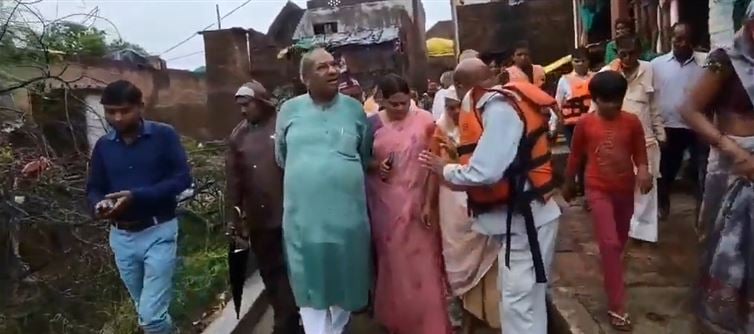
Rather than offering concrete solutions—such as rescue operations, food supply, shelter arrangements, or compensation for the affected—the minister’s comment reduces a humanitarian crisis to a spiritual metaphor. It showcases the stark disconnect between political leadership and ground realities. The added irony is that the minister couldn’t even correctly identify the river involved, confusing whether it was the ganga or the yamuna causing the flood. This blunder underscores the absence of seriousness in dealing with the crisis and the casual, almost theatrical, approach to governance in such situations.
This episode is a troubling reflection of the so-called “UP Model,” where religious symbolism is increasingly replacing administrative accountability. The suggestion to "elect a baba as CM" for "religious solutions" to real-life disasters like floods is not just absurd—it’s dangerous. Governance should be rooted in planning, empathy, and action, not in ritualistic rhetoric. When ministers resort to poetic justifications while people drown in knee-deep water, the system doesn’t just fail—it mocks its citizens.




 click and follow Indiaherald WhatsApp channel
click and follow Indiaherald WhatsApp channel